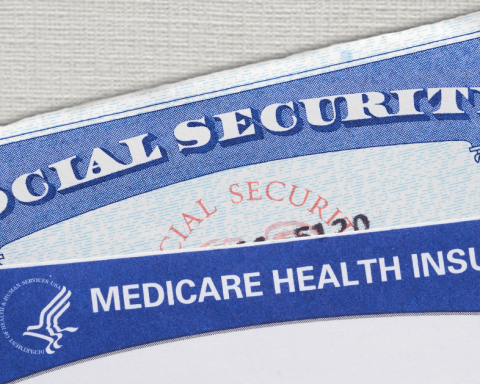Key Takeaways: Eligibility Differences: Medicare serves individuals aged 65 and above and those with qualifying disabilities, while Medicaid provides coverage based on income and state-specific requirements. Coverage and Cost Variations: Medicare includes hospital and medical coverage with premiums, while Medicaid often offers more comprehensive
MoreA Patient Assistance Program (PAP) is a valuable resource designed to help individuals with limited financial means access essential medications. These programs
Read More »In the healthcare context, a participating provider refers to a healthcare professional or facility that has entered into an agreement with an
Read More »Medicare Part C, also known as Medicare Advantage, is an alternative way for beneficiaries to receive their Medicare benefits. Part C offers
Read More »Medicare Part B provides essential medical insurance coverage for outpatient services, medical supplies, and preventive care. While Medicare covers a portion of
Read More »Part B premium reduction is a valuable program within the Medicare system that helps eligible beneficiaries lower their Medicare Part B premiums.
Read More »Medicare Part B excess charges are an important aspect of the Medicare program that beneficiaries should be aware of when receiving medical
Read More »The Medicare Part B deductible is an essential aspect of the Medicare program that beneficiaries should be aware of when accessing outpatient
Read More »Medicare Part B is a crucial component of the Medicare program in the United States, providing comprehensive medical insurance to eligible individuals.
Read More »The Medicare Part A deductible is an important aspect of the Medicare program that beneficiaries need to be aware of when accessing
Read More »Medicare Part A is one of the primary components of the Medicare program in the United States. It is designed to provide
Read More »



